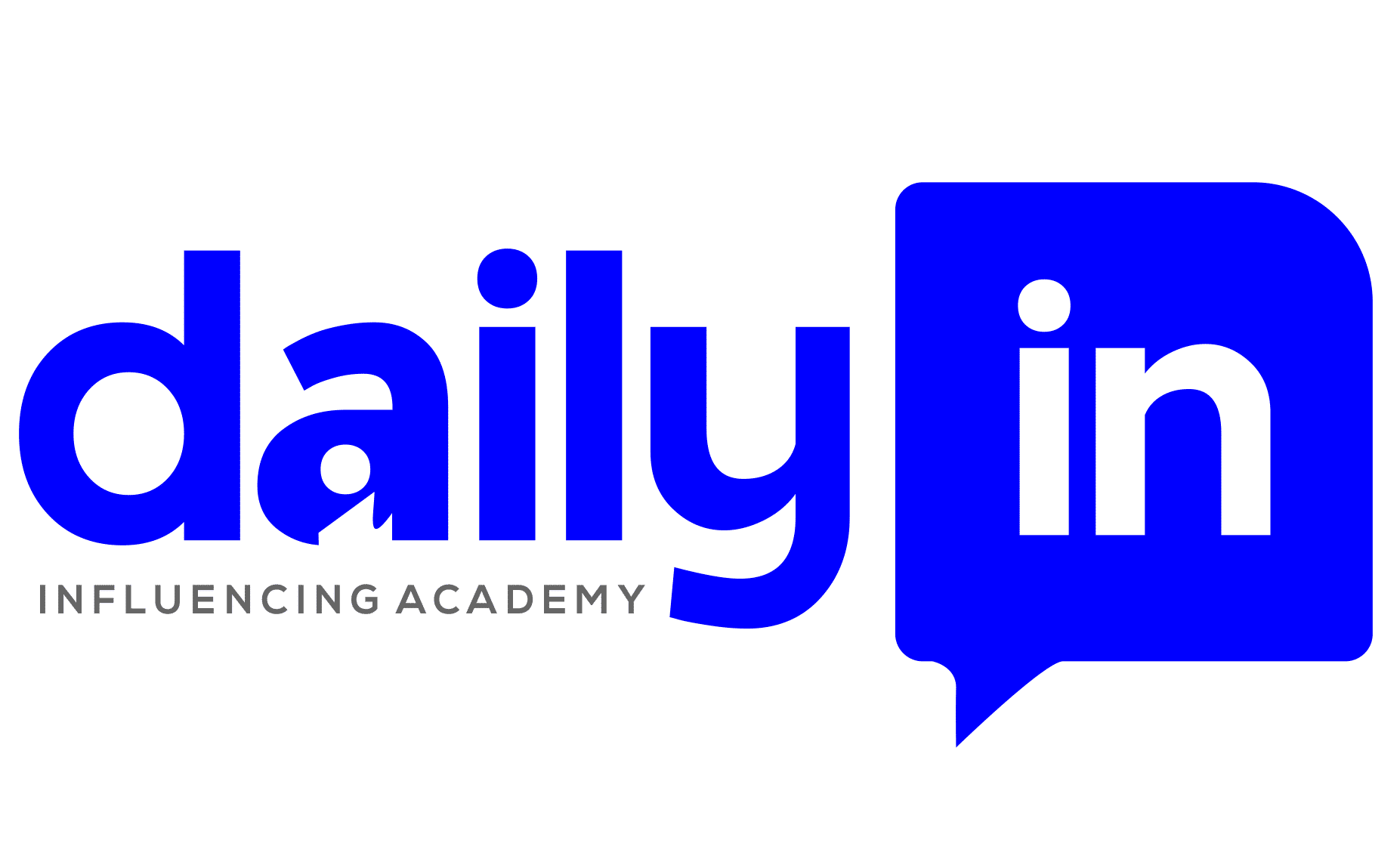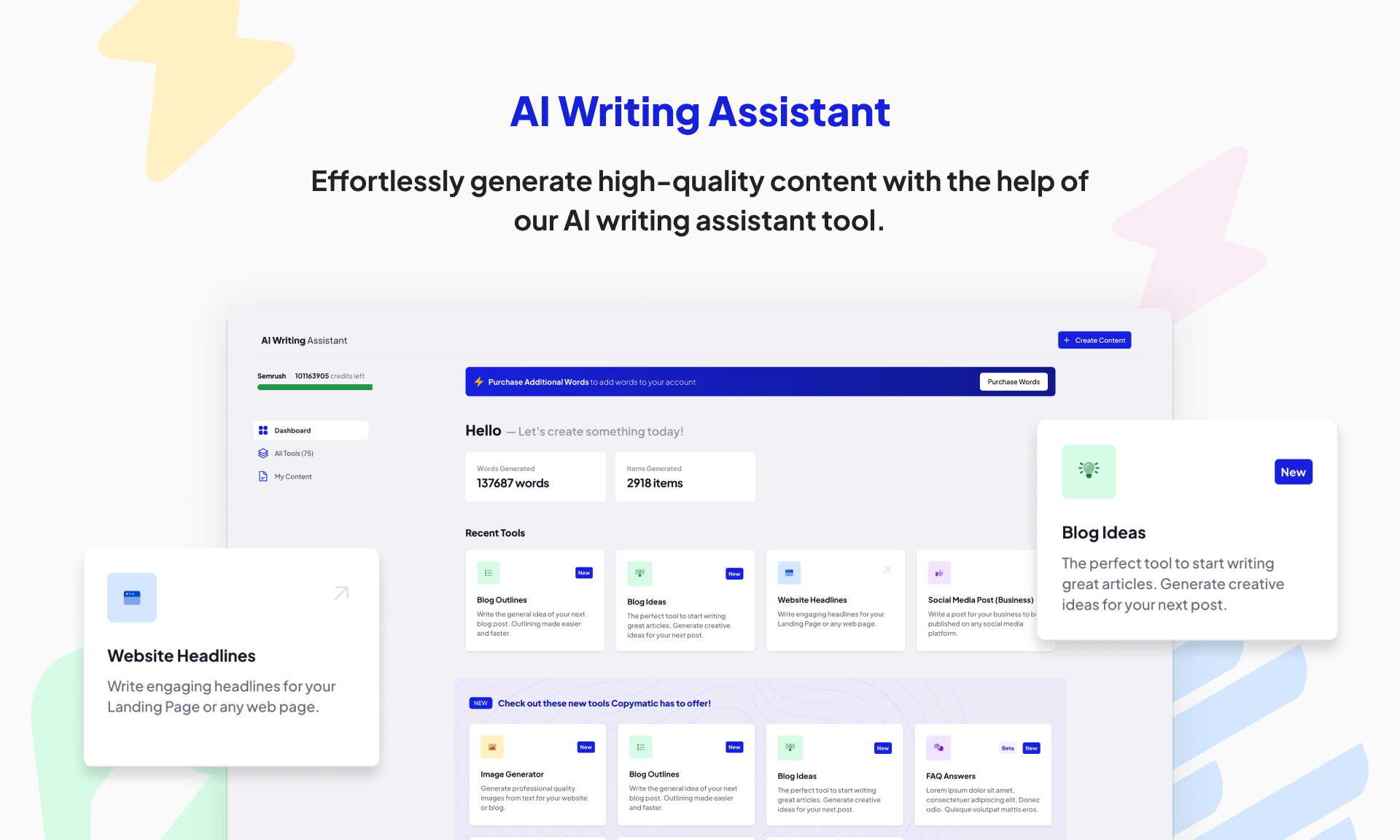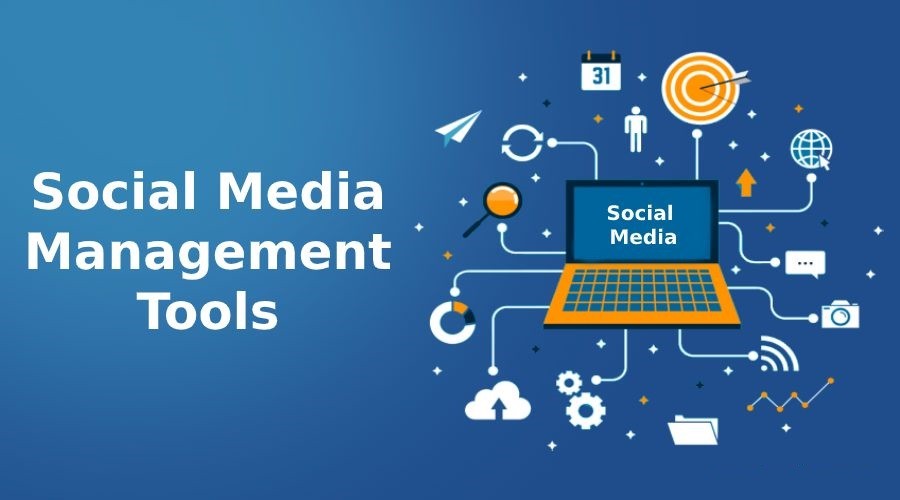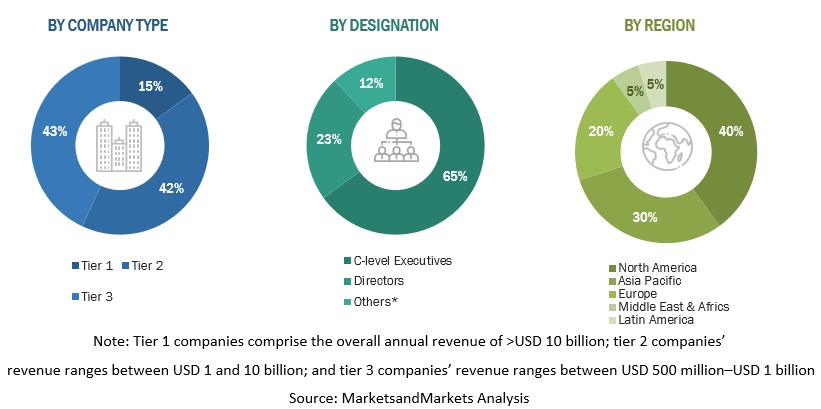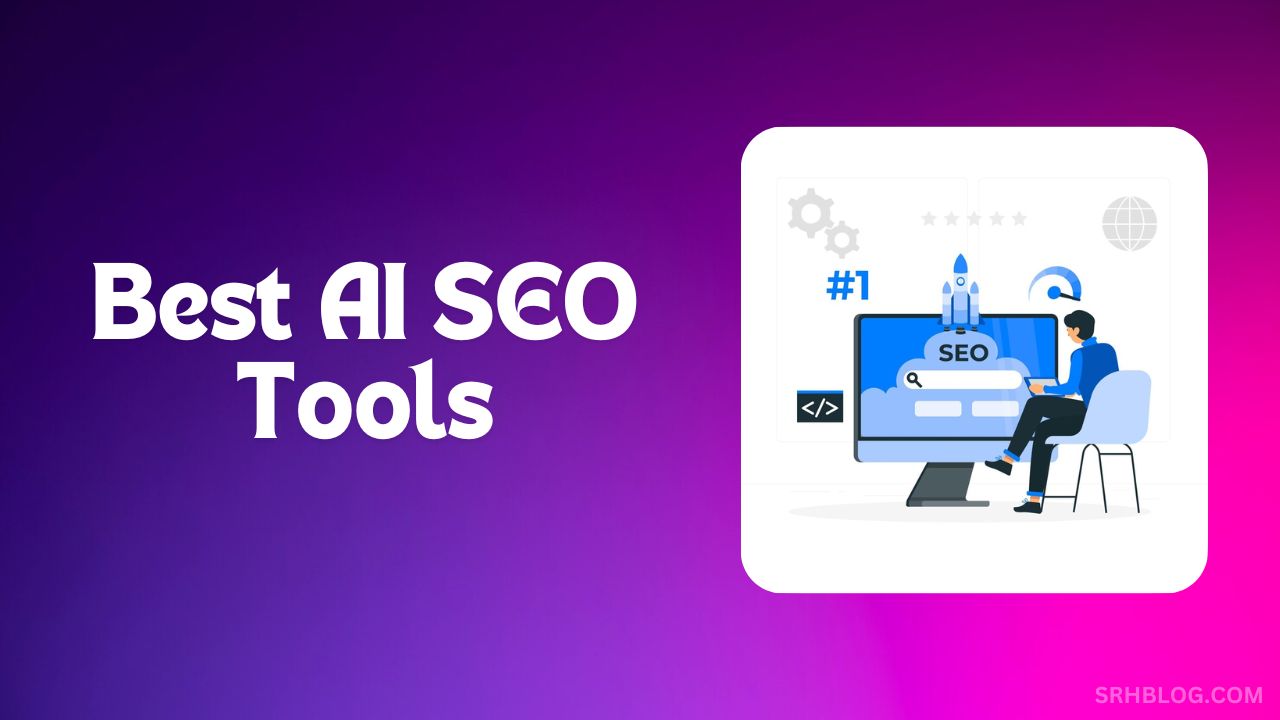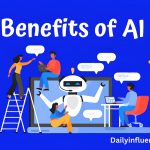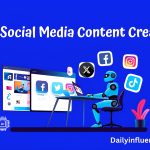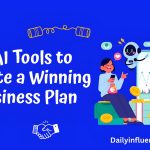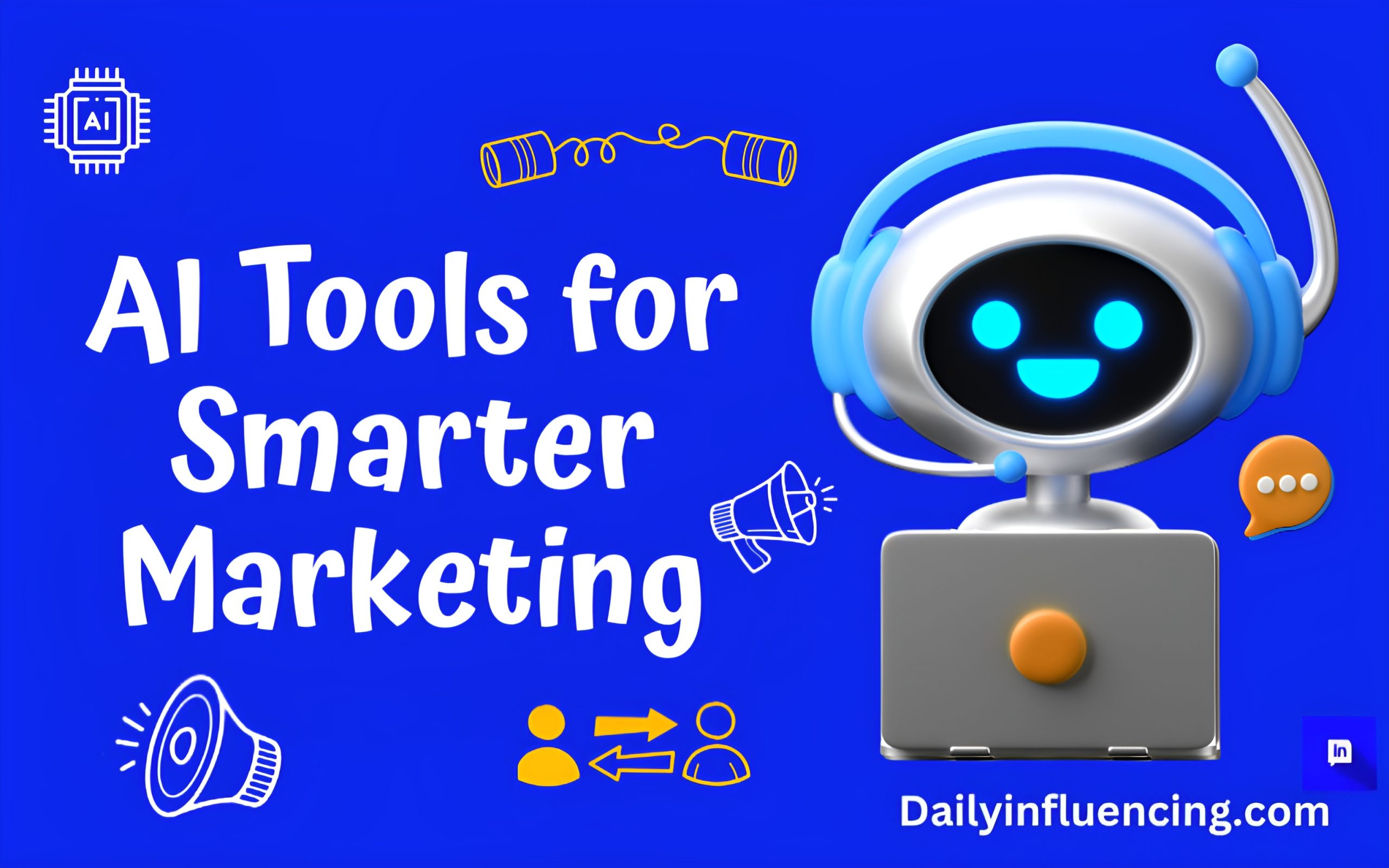
The marketing Industry has undergone a Significant shift, and AI marketing tools are leading this uprising. It’s fascinating how artificial intelligence has evolved from a buzzword into an indispensable arsenal for businesses of all sizes around the world.
The old ways of spending countless hours on repetitive marketing tasks or guessing what might resonate with your audience are fading. The emergence of sophisticated AI marketing tools has revolutionized how we approach everything from content creation to customer analytics. These tools aren’t just automating tasks; they’re providing insights that would have been impossible to gather manually.
Maximize Your ROI with These Next-Gen AI Marketing Tools
The integration of AI in marketing isn’t just another trend – it’s a fundamental shift in how businesses connect with their audiences.
Having seen many businesses struggle while others achieve insane growth over the past decade as a freelancer, it’s no news how AI marketing tools can turn struggling campaigns into success stories. These tools serve as your virtual marketing team, working tirelessly 24/7 to optimize, analyze, and improve your marketing efforts.
In this in-depth article, we’ll explore ten powerful AI marketing tools that are making waves in the industry. From creative campaigns to customer intelligence, each tool has been carefully selected based on real-world performance, user feedback, and measurable results.
Whether you’re a small business owner or a marketing professional, these tools will help you automate repetitive tasks, generate deeper insights, and scale your marketing efforts effectively.
1. Content Creation and Optimization Tools
The days of staring at a blank screen, wondering what to write next, are becoming distant memories. AI-powered content creation tools have become next-level enough to understand context, tone, and brand voice with remarkable accuracy.
Modern AI writing tools go beyond basic grammar checking – they analyze user engagement patterns, suggest trending topics, and even predict content performance before publication. For instance, tools like Jasper AI and Copy.ai have changed how we approach using different strategies in content creation, offering features like:
- Smart content ideation based on market trends
- SEO-optimized writing suggestions
- Automated content repurposing across platforms
- Tone and voice consistency checking
The next big thing isn’t just the content creation itself, but the optimization capabilities these tools offer. By analyzing vast amounts of data, they can predict which headlines will perform better, what content length works best for your audience, and even the optimal time to publish your content.
I can think of those times where I spent three days crafting what I thought was the perfect blog post. An AI tool later revealed that my target audience preferred shorter, more concise content with bullet points. These insights have completely transformed how I approach content creation, making it more scientific and results-driven than ever before.
Here are some of the important AI marketing tools for use for your businesses:
1. Jasper AI
Is a cutting-edge AI-powered writing assistant designed to generate high-quality marketing content, blog posts, and ad copy in no time. It helps businesses easily streamline content creation by providing contextually relevant suggestions, reducing writer’s block, and ensuring brand consistency.
2. Surfer SEO
Also known as a powerful SEO tool that optimizes content by analyzing top-ranking pages and providing real-time best practices based on data-driven insights. It evaluates keyword density, readability, backlinks, and search intent to improve search rankings.
3. Copy.ai
The copywriting tool that automates content creation for businesses, marketers, and entrepreneurs. By leveraging advanced language models, it generates engaging ad copy, content intros, product descriptions, and social media posts in seconds. Copy.ai offers multiple writing tones, making it versatile for different industries. It eliminates writer’s block by providing creative suggestions and refining messaging.
2. Social Media Management Platforms
Managing multiple social media accounts used to feel like juggling flaming torches while riding a unicycle. Trying to maintain consistent posting schedules across five different platforms can be very difficult and tiring! But AI-powered social media management tools have completely transformed this chaos into a well-oiled machine.
These intelligent tools don’t just schedule posts; they’re like having a team of data scientists working around the clock. According to Hootsuite’s Social Media Trends Report 2025, 69% of marketers now see AI as revolutionary technology that can create job opportunities. And social marketers are adopting countless generative AI tools to help with creativity and impact.
Lets see some of these productive tools that makes our work life easier:
1. Hootsuite Insights
It’s a powerful social listening and analytics tool that leverages AI to monitor brand sentiment, track competitor activity, and identify emerging trends. Incorporated with Brandwatch, Hootsuite Insights analyzes millions of online conversations across various social media platforms, blogs, and forums.
2. Later with AI
The social media scheduling and content optimization platform that incorporates AI to enhance post performance. Later’s features include predictive posting, automated captions, and hashtag suggestions based on engagement data.
3. Sprout Social
One of the comprehensive social media management tool that enables brands to streamline publishing, engagement, and analytics. Sprout Social’s AI features include automated content recommendations, sentiment analysis, and chatbot-driven customer support.
3. Customer Intelligence and Analytics Platforms
If there’s one thing that’s transformed my approach to marketing, it’s the power of AI-driven customer intelligence. Modern AI customer intelligence platforms are like having x-ray vision into your customer’s journey.
1. Mixpanel
A real-time product analytics platform that helps businesses track user interactions and behavior of digital products. It provides deep insights into customer engagement, retention, and conversion rates. It uses event-based tracking, and allows companies to understand how users navigate through apps and websites, helping teams optimize experiences.
2. Amplitude
Also known to be one of the best behavioral analytics tool designed to help businesses understand customer journeys and product usage. It offers in-depth cohort analysis, user segmentation, and retention tracking to optimize digital experiences.
3. Heap Analytics
This is an automated digital analytics platform that captures every user action without requiring manual event tracking. It provides great insights into user behavior, enabling businesses to make data-driven optimizations and decisions.
4. Conversational Marketing Solutions
Having a fast response time to request from consumers tremendously increases the growth of your business. Implementing AI-powered conversational marketing tools in your business keeps you ten steps ahead of your competitors. The real power of these solutions lies in their ability to maintain engaging, and personalized conversations at scale.
Advanced Chatbots and Virtual Assistants
1. ChatSpot.ai
A powerful chatbot by HubSpot that elevates marketing, sales, and customer service workflows. It automates lead generation, answers customer inquiries, and provides intelligent insights to businesses. ChatSpot integrates with HubSpot’s CRM, allowing seamless data collection and personalization of responses.
2. Jasper Chat
A nicely conversational AI assistant made by Jasper AI, designed for businesses and creators looking to generate content as soon as possible. Unlike traditional chatbots, Jasper Chat uses contextual memory to maintain fluid, human-like conversations, helping users brainstorm ideas, refine messaging, and automate content production.
It supports multiple languages, making it the best for global businesses. Jasper Chat integrates with other writing tools, allowing seamless workflow optimization.
3. Drift
Here is another conversational AI platform that helps businesses generate leads, boost sales, and improve customer engagement through real-time messaging. Drift’s AI-driven chatbots qualify leads, schedule meetings, and provide personalized suggestions based on user behavior.
It integrates with CRMs, email marketing tools, and customer support platforms, ensuring a seamless communication experience.
Pro Tip: When implementing any of these tools, start with a small subset of common customer queries and gradually expand the AI’s capabilities based on actual conversation data. This approach ensures higher accuracy and better customer satisfaction rates.
5. Email Marketing AI Automation Tools
I’ll never forget when a small business owner switched to AI-powered email marketing – their open rates skyrocketed from an Insignificant 15% to an impressive 45% within just two months. The secret was smart personalization and automated optimization that made every email feel like it was crafted specifically for each recipient.
Automated Campaign Optimization
1. Mailchimp’s AI Tools
This is a suite with features that enhance email marketing campaigns by optimizing subject lines, personalizing write-ups, and predicting audience engagement. Mailchimp’s AI tools analyze user behavior to improve targeting, segment lists, and automate email sequences.
They offer predictive analytics that suggest the best times to send emails, increasing open and click-through rates.
2. Customer.io
It is a marketing automation website that enables businesses to send tailored messages across email, push notifications, and SMS. However, by integrating with user databases, Customer.io allows marketers to trigger automated workflows based on customer behavior.
3. Klaviyo
Is a powerful email and SMS marketing automation platform tailored specifically for eCommerce businesses. Klaviyo’s segmentation, predictive analytics, and automation features help brands create highly personalized customer journeys.
Pro Tip: When implementing these AI email tools, start by focusing on one aspect of optimization (either timing, content, or segmentation) and gradually expand. This approach helps in better understanding the impact of each optimization element and ensures more controlled results.
6. Visual Content Generation AI Marketing Tools
Last summer, a marketing agency switched to AI-powered visual content tools, and it transformed their workflow completely. What used to take the design team days now takes hours, and they’ve increased their content output by 300% while maintaining high quality. The real breakthrough came when they realized these tools could do more than just basic image editing.
AI-Powered Image Creation
1. DALL-E 3
Dall-E 3 is an AI image generation model by OpenAI that creates highly detailed and realistic visuals from text prompts. It boosts creative workflows by allowing users to generate custom artwork, product designs, and marketing visuals effortlessly. DALL-E 3 understands complex prompts and produces high-resolution images with accurate textures, lighting, and artistic styles.
2. Midjourney
It has been considered one of the best AI image generators that produces artistic, high-quality visuals based on text descriptions. Midjourney is known for its unique, stylized aesthetics, making it popular among designers, marketers, and artists.
3. Canva’s
Another website that offers insane features and simplifies content creation with automated graphic design, text-to-image generation, and smart layout suggestions. Canva’s Magic Studio enables users to create high-quality marketing materials, presentations, and social media content without design experience.
Infographic Generation Systems
1. Visme AI
It is one of the best design and data visualization tools that helps businesses create professional infographics, presentations, and marketing materials effortlessly.
Visme AI automates design suggestions, ensuring consistency and aesthetic appeal across all visual content. It allows users to change complex data into well defined visuals with little effort.
2. Piktochart’s AI Assistant
Is a smart infographic and presentation tool that uses AI to automate design workflows. Piktochart’s AI Assistant simplifies data visualization by suggesting the best layouts, colors, and font combinations based on user content. It allows businesses to create compelling marketing reports, social media visuals, and business presentations in minutes.
3. Beautiful.ai
As the name goes, beautiful ai is a presentation software that automatically optimizes slide layouts for visually appealing and cohesive designs. Beautiful.ai ensures consistency in branding, spacing, and alignment, eliminating the need for manual adjustments. It offers smart and easy to emulate templates that adapt dynamically to content, making it easy for professionals and novices to create polished, high-impact presentations.
Pro Tip: When using AI visual tools, start with a clear brand style guide and use it to inform your AI prompts. This ensures consistency across all generated content while maintaining your brand identity.
Key Considerations:
- Always review AI-generated content for brand alignment
- Keep a library of successful prompts for consistent results
- Use AI-generated content as a starting point, adding human touches for uniqueness
- Regular updates of brand guidelines in your AI tools ensure consistent output
7. SEO AI marketing Tools and Content Strategy Tools
Last quarter, I watched a client’s organic traffic double after implementing AI-powered SEO tools. Their content team was skeptical at first, but the data-driven insights proved invaluable. Within three months, their website’s visibility increased by 85%, and their conversion rate jumped by 40%.
Content Gap Analysis
1. Surfer SEO
Is a top-tier content optimization tool that performs in-depth content gap analysis to improve search engine rankings especially on google. It compares top-performing pages, providing keyword suggestions, NLP insights, and structure recommendations.
Surfer SEO helps writers and marketers bridge gaps in existing content by identifying missing subtopics, optimizing keyword density, and enhancing readability.
2. Semrush’s Content Analyzer
Semrush is a content auditing tool that evaluates existing content for SEO performance, engagement, and readability. It identifies content gaps by comparing articles against competitors, highlighting missing keywords and backlink opportunities. Semrush’s AI-powered insights help marketers refine their content strategy by suggesting improvements in metadata, and user intent alignment.
3. Topic
It’s a software that highlights content gaps, ensuring writers cover all essential subtopics for comprehensive, SEO-optimized content. Topic’s AI assistant suggests headings, questions, and semantic keywords, making it easier to create content that meets search engine expectations.
Pro Tip: Start by focusing on one aspect of your SEO strategy (like on-page optimization or content gaps) and gradually expand your use of AI tools. This approach helps in better understanding the impact of each tool and ensures more controlled results.
Key Implementation Strategies:
- Begin with a content audit using AI tools to identify quick wins
- Use AI recommendations as guidelines, not strict rules
- Combine multiple tools for comprehensive SEO coverage
- Regularly review and adjust your strategy based on performance data
8. Marketing Analytics and Reporting
Think of those days when digital agencies would spend nearly 20 hours on a monthly basis creating client reports. After implementing AI analytics tools, they automated 90% of their reporting process, saving countless hours and providing deeper insights. Their client retention rate increased by 45% due to more actionable, real-time reporting.
Real-time AI marketing tools Performance Tracking
1. Mixpanel AI
An easy go-to website is the mixpanel machine analytics tool that helps businesses uncover deep insights into user behavior. It uses predictive modeling to forecast trends, segment audiences, and analyze user journeys in real time.
2. Amplitude
One of the leading products in the marketing and sales industry is Amplitude, a product intelligence platform that integrates AI-driven analytics to track customer behavior across digital touch points. It offers advanced segmentation, cohort analysis, and AI-powered retention insights to optimize user engagement.
3. Heap Analytics
Heap’s AI engine identifies key behavioral trends, uncovers conversion blockers, and provides predictive insights to enhance user experiences. Its retroactive analysis capability allows businesses to extract valuable insights from historical data from any reliable source.
Predictive Marketing Analytics
1. Adobe Analytics
Still on the list is the most sophisticated AI-powered analytics platform that delivers deep insights into customer interactions across multiple digital channels. Adobe Sensei AI, helps automates anomaly detection, predictive modeling, and audience segmentation.
2. RapidMiner
RapidMiner automates data preparation, feature engineering, and predictive analytics, allowing non-technical users to leverage AI insights without coding expertise. It’s widely used for fraud detection, customer churn prediction, and demand forecasting.
3. Pecan AI
An automated predictive analytics platform that helps businesses forecast customer behavior and optimize marketing campaigns. Pecan AI specializes in no-code machine learning, allowing businesses to generate predictive insights without data science expertise.
Pro Tip: Start with tracking your most crucial KPIs and gradually expand your analytics scope. This prevents data overwhelm and ensures you’re acting on the most important insights first.
Basic Implementation Strategies:
- Begin with clear goals and KPI definitions
- Ensure proper data integration across all marketing channels
- Set up automated alerts for significant metric changes
- Regular validation of AI predictions against actual results
9. Lead Generation and Scoring
In early 2024, most B2B software companies transform their sales process using AI lead scoring. Their sales team was drowning in unqualified leads until they implemented smart AI tools. Within just two months, their conversion rate increased by 65%, while their sales team actually spent less time prospecting.
Lets see some tools that can drive your team’s growth to success:
AI-Powered Lead Qualification
1. Leadfeeder
A B2B lead generation tool that uses AI to track website visitors and identify potential customers. Moreover by integrating with CRM systems, Leadfeeder enriches visitor data with firmographics and behavioral insights, allowing sales teams to prioritize high-intent leads. With automated lead scoring and intent-based alerts, businesses can engage prospects at the right time, improving conversion rates.
2. 6sense
A powerful AI-powered intent data platform that predicts buying behavior and helps businesses target high-value prospects. 6sense uses predictive analytics to identify companies showing interest in specific products or services, enabling personalized outreach at the right moment. Its AI-driven insights help sales and marketing teams prioritize leads, optimize ad spend, and improve account-based marketing strategies
3. Cognism
Cognism leverages machine learning to identify decision-makers, predict buying intent, and automate outreach for sales teams. Its database ensures compliance with global privacy regulations, making it a trusted choice for businesses seeking GDPR-compliant leads.
Pro Tip: Start by defining clear criteria for what constitutes a qualified lead in your business. This helps in training AI systems more effectively and ensures alignment with your sales goals.
Implementation Best Practices:
- Begin with a clean CRM database
- Align scoring criteria with your actual sales success patterns
- Regularly calibrate AI scoring models based on results
- Train sales teams on how to leverage AI insights effectively
10. Advertising AI Marketing Tools and Optimization Platforms
Last year, a marketing agency was bleeding money on inefficient ad spending. However, after implementing AI advertising tools, they reduced their cost per acquisition by 40% while increasing conversion rates by 85%. The transformation wasn’t just about saving money – it was about making every advertising dollar work smarter.
Automated Ad Placement
1. Albert AI
An autonomous marketing platform that optimizes digital ad campaigns in real time. Albert AI analyzes vast data sets to identify audience segments, allocate budgets, and refine ad creatives for the best performance.
It continuously tests and adjusts ad placements across channels like Google, Facebook, Tiktok and Instagram, ensuring the best return on investment (ROI).
2. Trapica
Trapica leverages machine learning to analyze audience behavior, predict trends, and refine targeting strategies across platforms like Meta, TikTok, and Google Ads. It seamlessly adjusts ad bids, creatives, and placements to maximize conversions and lower cost per acquisition (CPA).
3. AdCreative.ai
AdCreative.ai maximizes the use of machine learning to generate ad variations, headlines, and copy tailored for specific audiences. It integrates with advertising platforms to analyze campaign performance and suggest improvements in real time.
Budget Optimization
1. Revealbot
Revealbot is best known for automated bid adjustments, campaign scaling, and ad performance monitoring across Facebook, Google, and Snapchat Ads. By using rules and performance triggers, Revealbot helps advertisers reduce wasted spend while maximizing results.
2. Smartly.io
A leading AI-powered ad automation platform designed for brands and agencies. Smartly.io optimizes ad creative production, targeting, and budget allocation across social media platforms. Its AI-driven dynamic ads adjust creatives based on real-time audience insights, improving engagement and conversions.
3. Rule.io
Is an AI-driven marketing automation and ad optimization website that focuses on personalized customer engagement. Rule.io helps businesses allocate budgets effectively by analyzing audience behavior and predicting the best-performing campaigns.
It automates customer segmentation, ensuring highly targeted ad delivery across email, social media, and paid ads.
Conclusion
The AI marketing horizon offers unraveled opportunities to scale your business efficiently. From automated content creation to predictive analytics, these ten tools represent the innovation of marketing technology. Don’t let your competition get ahead – start implementing these AI solutions today to transform your marketing strategy and drive meaningful business growth.
FAQs
AI marketing tools range from $30-$500+ monthly, depending on features and scale. Many offer free trials or basic plans for small businesses.
No, AI tools are designed to augment human capabilities, not replace them. They handle repetitive tasks and provide insights, while humans drive strategy and creativity.
Most businesses see initial results within 1-3 months, with significant improvements in efficiency within the first week of implementation.
Modern AI tools are designed with user-friendly interfaces. Most can be mastered within a few weeks, with many offering comprehensive tutorials and support.
